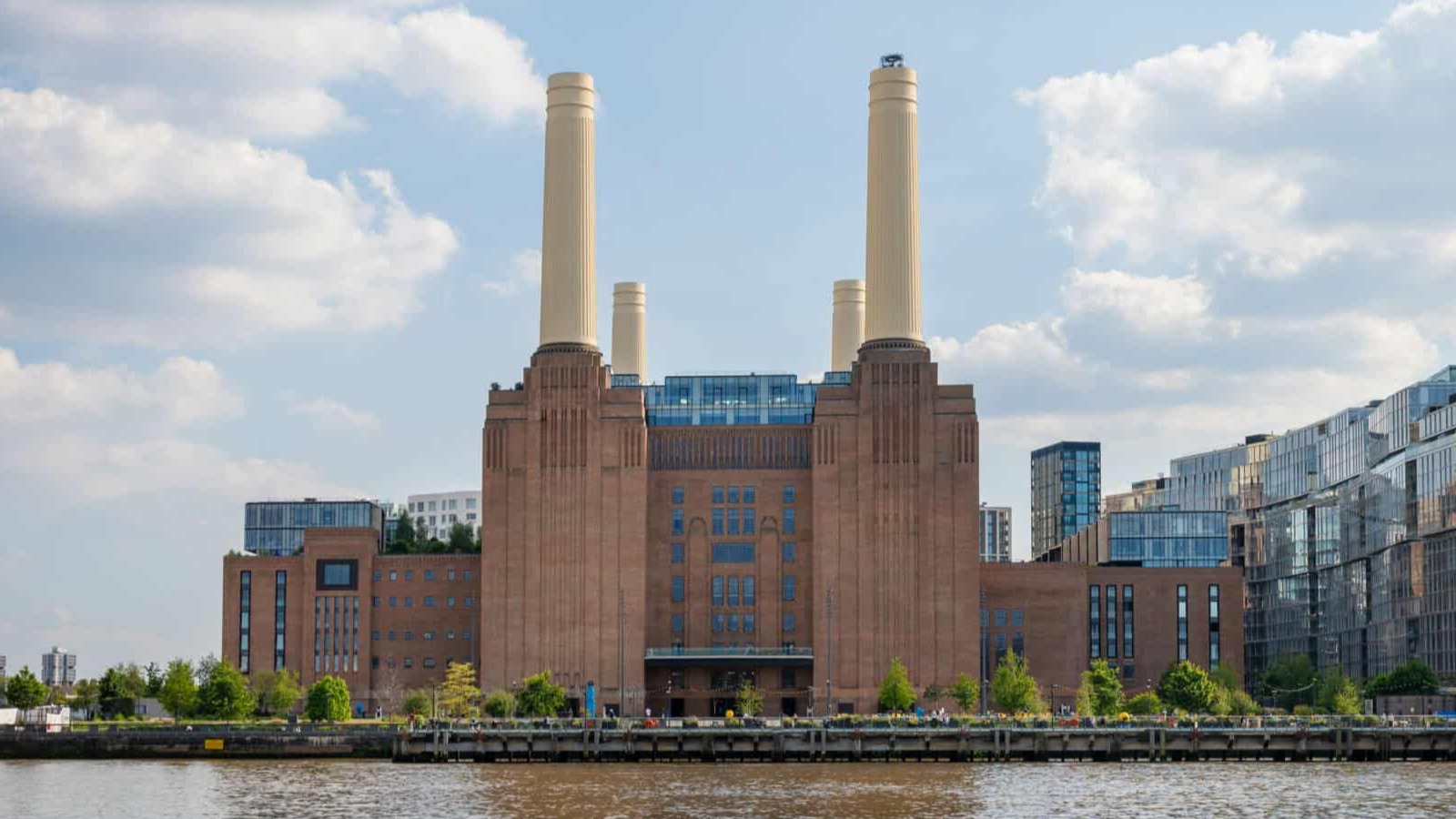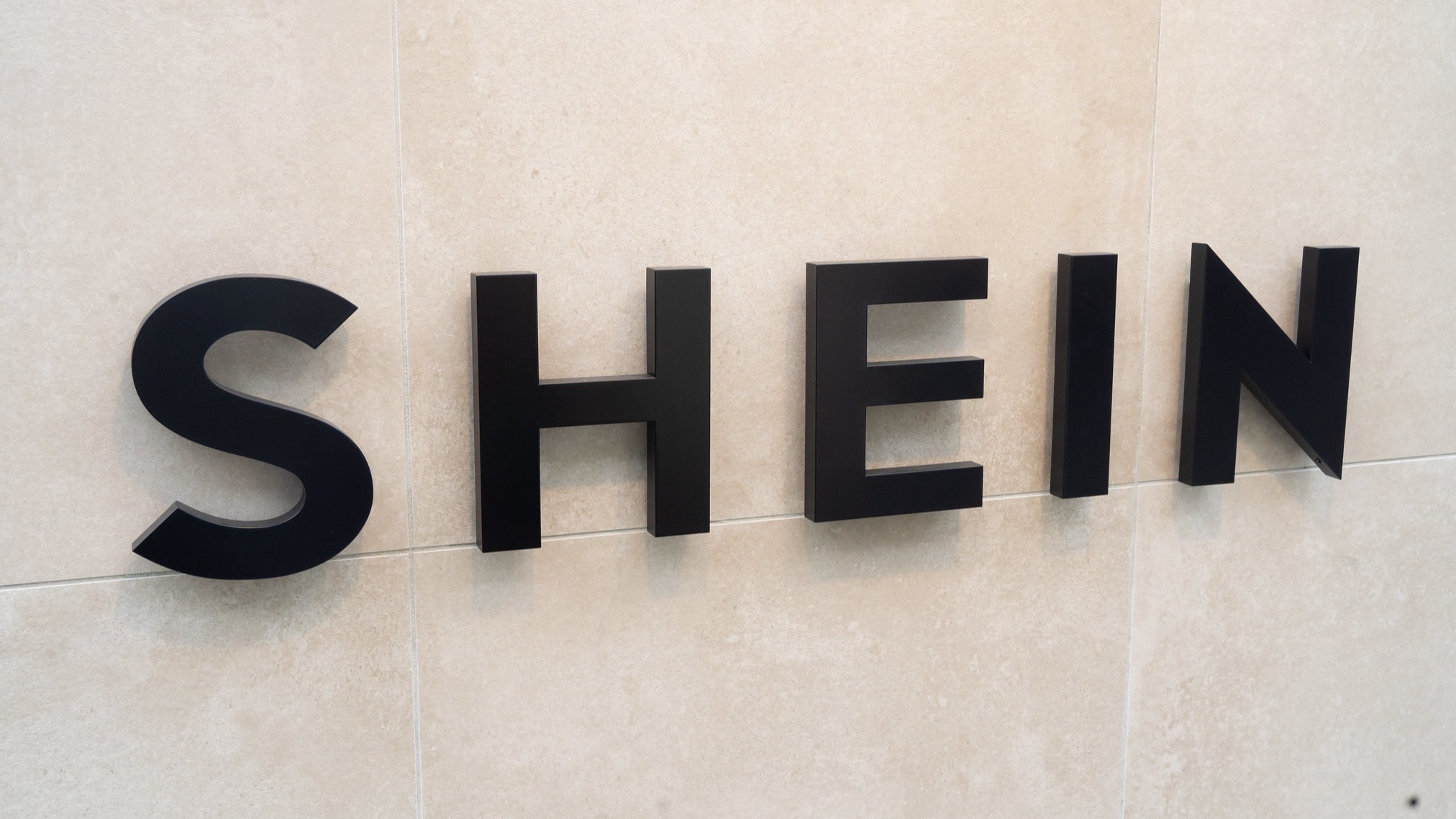Marks & Spencer is set to open its first-ever standalone clothing store this autumn, marking a significant shift in strategy for the 140-year-old British retailer.
The new outlet, to be located in London's growing Battersea Power Station development, will showcase a curated selection of M&S's fashion and beauty offerings. The company already operates a grocery store within the development.
The store, which will be branded as "Marks & Spencer", represents a departure from the company's traditional format of combining food and clothing under one roof. This move comes as M&S experiences a resurgence in its fashion sales, buoyed by successful collaborations with celebrities and a revamped product range.
Stuart Machin, chief executive officer of M&S, expressed optimism about the new venture, telling The Times that the trial store would "showcase the best of M&S clothing and beauty at outstanding value".
The boutique-style shop will feature a slimmed-down range of women's and menswear, with an emphasis on premium lines. It will also stock lingerie, £99 cashmere jumpers, and items from its fashion-forward Autograph line.
Under the guidance of womenswear director Maddy Evans, formerly of Topshop, M&S has been shedding its reputation for frumpy fashion. Recent collaborations with actress Sienna Miller have proven hugely popular, with many items quickly selling out.
The retailer's clothing division has seen solid growth, with total clothing and homeware sales rising by 5.3 per cent to £3.9 billion in the year to March. The division generated an underlying operating profit of £402.8 million, underscoring its importance to M&S's overall business strategy.
If the Battersea experiment proves successful, M&S plans to open more standalone clothing and beauty stores across the country, the company said. This move aligns with Machin's broader store rotation plan, which involves closing or relocating underperforming stores and opening new branches in prime locations.
Latest News
-
£33m BrewDog sale to Tilray triggers 484 job losses
-
Ikea China launches self-driving electric vehicles following successful pilot
-
Modella plans restructuring of TG Jones estate
-
Pepco Group launches app in Poland
-
Topshop holds ‘world’s first’ AI-driven shoppable fashion show
-
Locker firm warns failed deliveries are draining UK shoppers’ time and wellbeing
Beyond Channels: Redefining retail with Unified Commerce
This Retail Systems fireside chat with Nikki Baird, Vice President, Strategy & Product at Aptos will explore how unified commerce strategies enable retailers to tear down these barriers and unlock new levels of operational agility and customer satisfaction.
The future of self-checkout: Building a system that works for consumers and retailers
In this webinar, industry leaders discussed what the future of self-checkout looks like and how retailers can make the technology work for everyone.
© 2024 Perspective Publishing Privacy & Cookies


.jpg)








Recent Stories